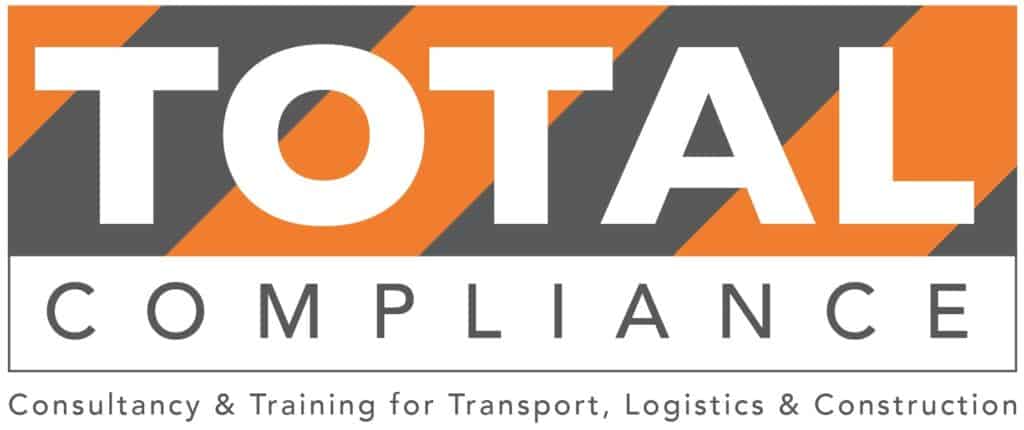

What is the Difference Between FORS and CLOCS?
Fleet management is a critical aspect of any transportation industry, and with the increasing focus on road safety and environmental concerns, many organisations are turning to accreditation schemes to ensure that their fleets operate to the highest standards. Two of the most widely recognised schemes in the UK are the Fleet Operator Recognition Scheme (FORS) and the Construction Logistics and Community Safety Scheme (CLOCS).
FORS is a voluntary accreditation scheme for fleet operators that aims to improve the safety, efficiency, and environmental performance of commercial vehicles. The scheme is open to all types of fleets, including trucks, buses, vans, and cars, and covers a range of areas, including vehicle safety, driver training, fuel efficiency, and environmental performance.
The scheme is divided into three levels, with each level building on the previous one to provide a comprehensive framework for fleet management. Level one (Bronze) is an entry-level accreditation that focuses on the basic requirements of fleet management, including driver and vehicle safety, fuel consumption, and environmental impact. Level two (Silver) is a more advanced accreditation that covers additional areas, such as driver training, vehicle maintenance, and collision management. Level three (Gold) is the highest level of accreditation and is designed for fleets that have achieved the highest standards in all areas of fleet management.
One of the key benefits of FORS is that it provides a recognised standard for fleet management that is widely respected in the industry. This can help fleet operators to differentiate themselves from competitors and demonstrate their commitment to safety and environmental concerns.
CLOCS, on the other hand, is a national standard for managing work-related road risk in the construction industry. The scheme was developed in response to the high number of accidents involving construction-related traffic, particularly in urban areas. The scheme aims to reduce the risks associated with construction-related traffic by setting out a series of safety standards for commercial vehicle operators, developers, and contractors involved in construction projects.
The CLOCS standard focuses on three main areas: vehicle safety, driver training, and collaboration between stakeholders. Vehicle safety includes the use of safe, well-maintained vehicles that are fitted with the latest safety features. Driver training focuses on ensuring that drivers are trained to operate vehicles safely and are aware of the risks associated with construction-related traffic. Collaboration between stakeholders involves working together to identify and manage the risks associated with construction-related traffic.
Like FORS, CLOCS provides a recognised standard for managing work-related road risk in the construction industry. The scheme is supported by a range of stakeholders, including government, industry bodies, and construction companies, and is seen as an important tool for improving road safety for vulnerable road users such as pedestrians, cyclists, and motorcyclists.
Despite their similarities, FORS and CLOCS differ in their scope and focus. FORS is a more comprehensive scheme that covers a wide range of fleet management aspects, including vehicle safety, driver training, fuel efficiency, and environmental performance. CLOCS, on the other hand, is more specific to the construction industry and focuses on managing the risks associated with construction-related traffic.
If I Have FORS, Do I Need CLOCS?
Although FORS is generally relevant to the freight sector, the use of tippers and low-loaders on construction sites often means that FORS is also required by construction consignees.
Since CLOCS was established in 2013, FORS has aligned its requirements to provide a consistent national standard for road safety. To achieve CLOCS, all construction logistics vehicle operations must meet the FORS Silver standards and requirements, alongside providing evidence that these standards have been met, usually via the FORS Silver medal.
In short, if you have the CLOCS accreditation, you already adhere to the FORS Silver standards as part of the CLOCS standard itself and will hold accreditation for both schemes.
In conclusion, both FORS and CLOCS are important accreditation schemes that aim to improve the safety, efficiency, and environmental performance of commercial vehicles. While FORS provides a comprehensive framework for fleet management across all sectors, CLOCS is focused on managing work-related road risk in the construction industry. Both schemes provide a recognised standard for fleet management that is widely respected in the industry and can help fleet operators to differentiate themselves from competitors and demonstrate their commitment to safety and environmental concerns.
To speak to a member of our friendly team about Total Compliance’s CLOCS and FORS accreditation consultancy services, please contact us on 0345 9001312 or complete our contact form.
Want to know more? Find out more about FORS and CLOCS by visiting the links to our blogs below:
